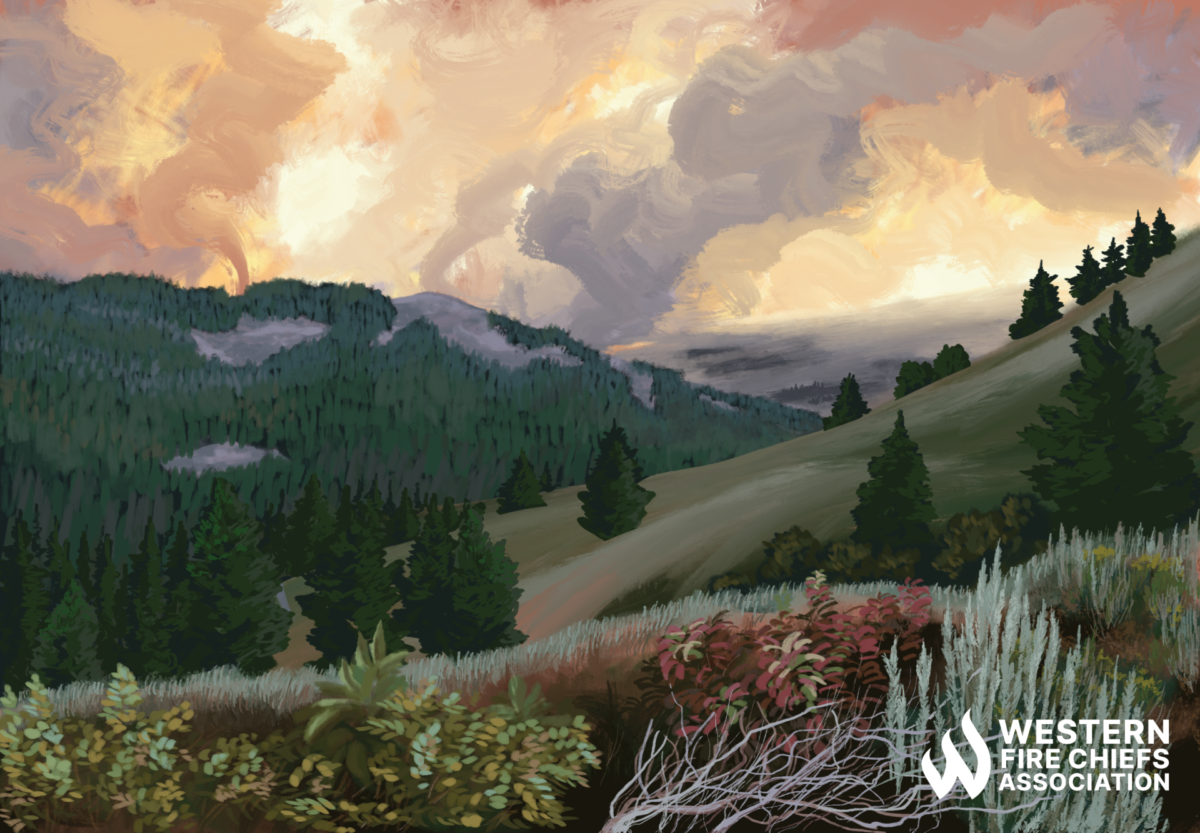Fire Pit Safety Tips
Stay safe around the campfire with tips from the Western Fire Chiefs Association. Learn essential precautions and practices for a worry-free outdoor campfire.
Explore the negative health effects of wildfire smoke. Understand who is more at risk and how to reduce your exposure with guidance from the Western Fire Chiefs Association (WFCA).
Published:August 23, 2022
Edited:March 4, 2024

Explore the negative health effects of wildfire smoke. Understand who is more at risk and how to reduce your exposure with guidance from the Western Fire Chiefs Association (WFCA).
Smoke from wildfires can travel long distances and affect your community, even if the fire itself is not a threat. In many cases, smoke from wildfires is still harmful to the respiratory and cardiovascular health of people residing hundreds of miles away.
It is important to know the adverse health effects of wildfire smoke and understand how to reduce exposure, minimizing potential harm to you and your family.
Wildfire smoke is made up of a complex mixture of fine particles and gases. Smoke is very irritating to the eyes, nose, and throat, but the fine particles pose the largest threat to health. Due to their tiny size, fine particles can more easily reach and penetrate the lungs when inhaled.
As the fine particles travel deep into the respiratory tract, they can cause various short and long-term health problems. Shortness of breath and respiratory irritation are common effects. They can also worsen existing health conditions, such as asthma and heart disease.
Additionally, wildfires release large amounts of mercury into the atmosphere, which can cause muscle weakness, as well as vision and speech impairment for people of all ages.
The health effects of smoke from wildfires can be damaging to everyone – even healthy people. However, certain demographics should take extra precautions against inhaling wildfire smoke1:
Children’s lungs and respiratory systems are not fully developed, meaning they are less equipped to cope with smoke pollution. They also breathe more air per pound of bodyweight when compared to adults, heightening their risk of exposure.
Smoke pollution can cause potential health complications for both the mother and the fetus.
People with lung or heart diseases like angina, emphysema, or asthma may find that the smoke pollution aggravates their symptoms. Those with diabetes are also at risk, due to their increased likelihood of having respiratory disease.
Older adults are more likely to have heart or lung disease, which makes them vulnerable to smoke pollution.
Many factors can dictate how wildfire smoke will affect you. The concentration of smoke, duration of exposure, and proximity to the fire can affect the severity of symptoms. Although everyone has a different sensitivity to smoke, it is always a good idea to avoid breathing it in as much as possible.
Even if you have a high tolerance (no existing health conditions), heavy smoke in close proximity is harmful to everyone. Therefore, it is important to know the signs2:
Smoke also contains a number of harmful gases, the most dangerous being carbon monoxide. Carbon monoxide decreases the body’s oxygen supply, leading to headaches and reduced alertness. It can also worsen the symptoms of anyone who suffers from angina. In large enough quantities, carbon monoxide inhalation is fatal.

Avoiding smoke is the only way to avoid exposure. There are a number of things you can do to prepare ahead of time to protect your health if you live in a wildfire-prone area.
Stay safe around the campfire with tips from the Western Fire Chiefs Association. Learn essential precautions and practices for a worry-free outdoor campfire.
Discover essential firework safety tips to ensure a dazzling display without accidents. Learn how to celebrate responsibly with expert guidance from WFCA.
Explore the role of AI in wildfire prediction with guidance from the WFCA. Learn how advanced algorithms and data analytics enhance early detection and response.